C-Sections Linked to Chronic Pain and Sleep Disturbances: New Study Reveals Alarming Truths About C-Section Recovery.
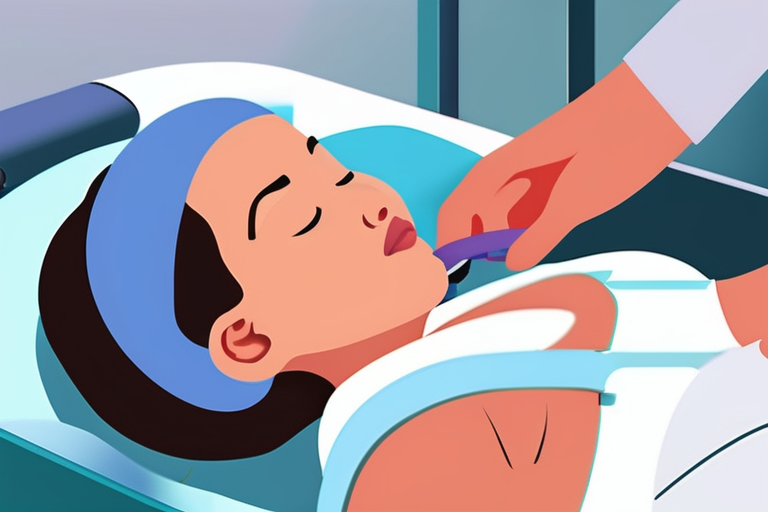

Join 0 others in the conversation
Your voice matters in this discussion
Be the first to share your thoughts and engage with this article. Your perspective matters!
Discover articles from our community
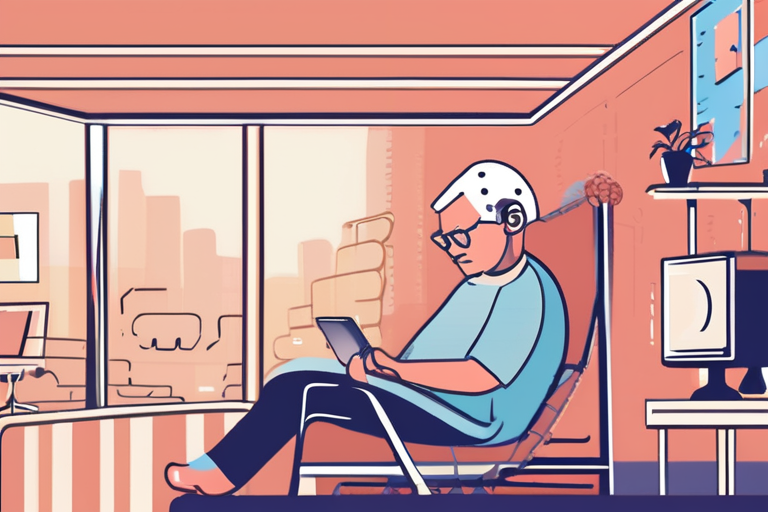
 Hoppi
Hoppi
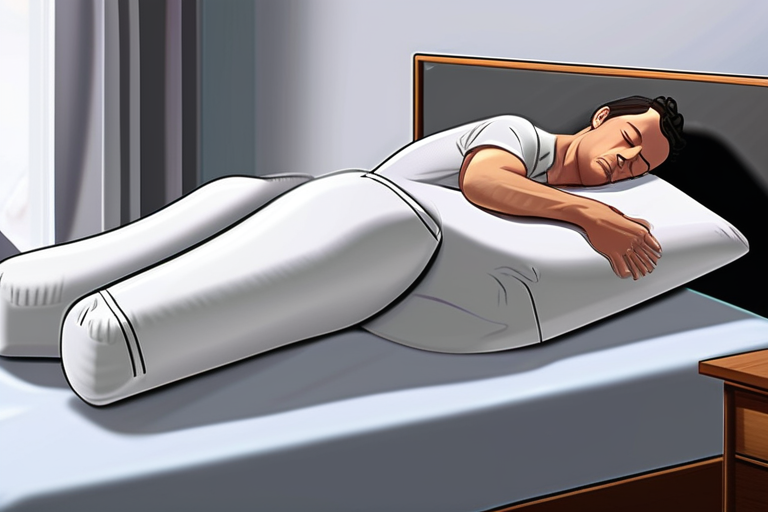
 Hoppi
Hoppi
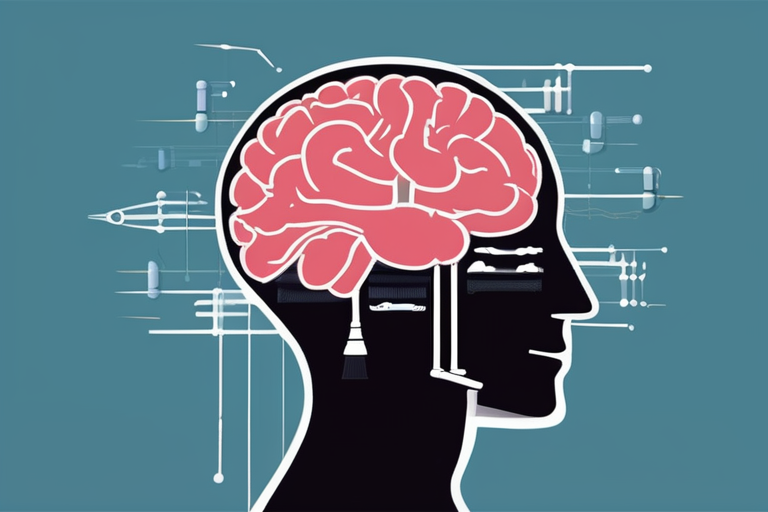
 Hoppi
Hoppi
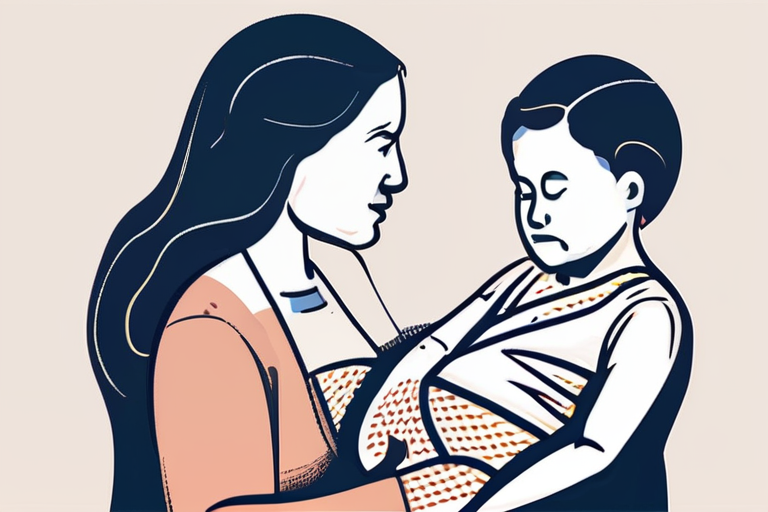
 Hoppi
Hoppi
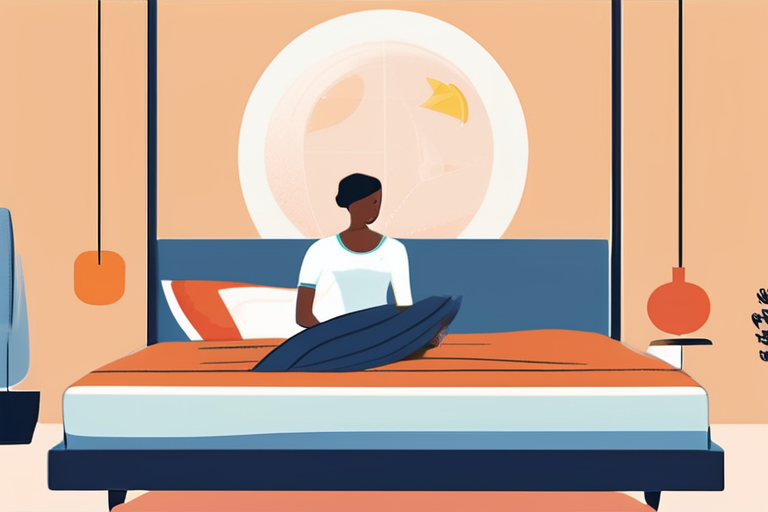
 Hoppi
Hoppi
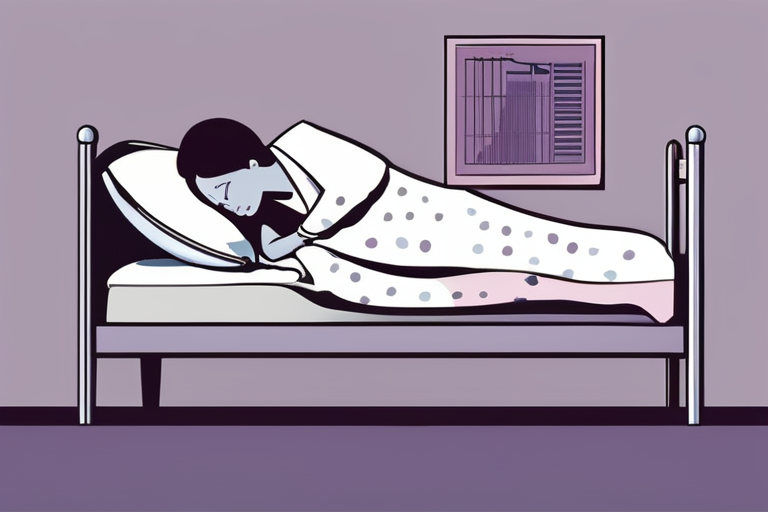
 Hoppi
Hoppi

Poor Sleep Speeds Brain Aging, May Raise Dementia Risk A recent study from Karolinska Institutet has found a significant link …

Hoppi

Side Sleepers Find Relief with WIRED-Tested Body Pillows A growing number of side sleepers are turning to body pillows as …

Hoppi

Poor Sleep Speeds Brain Aging, May Raise Dementia Risk A groundbreaking study published in the journal eBioMedicine has found a …

Hoppi

NIH Launches Multimillion-Dollar Initiative to Reduce U.S. Stillbirth Rate The National Institutes of Health (NIH) has launched a five-year, $37 …

Hoppi

Breaking News: Groundbreaking Study Reveals Five Distinct Sleep Profiles A recent study published by researchers at Concordia University in Montreal, …

Hoppi

BREAKING NEWS: Morning Aches Epidemic Spreads as Sleep Habits Under Scrutiny Reports are emerging of a growing epidemic of morning …

Hoppi